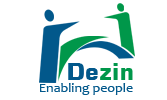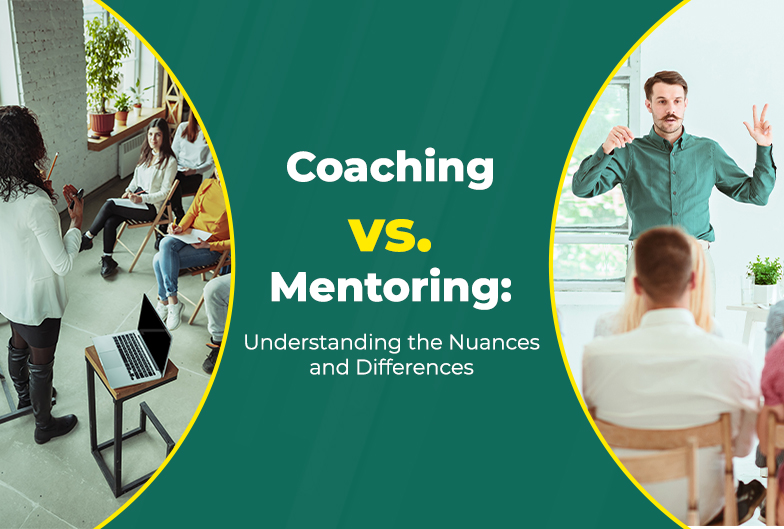In the realms of personal and professional development, the terms "coaching" and "mentoring" are often used interchangeably, leading to confusion about their actual meanings and purposes. While both coaching and mentoring involve helping individuals grow and achieve their goals, they operate on distinct principles and methodologies. Understanding these nuances is essential for anyone seeking guidance or aiming to become a coach or mentor themselves. Let’s understand the meaning of coaching and mentoring while comprehending why Dezin is the best choice when it comes to professional or business coaching.
Coaching:
Coaching is a goal-oriented, short-to-medium-term process aimed at helping individuals improve specific skills, overcome challenges, and achieve specific objectives. Coaches typically work with clients to identify areas for development, set actionable goals, and create strategies to reach those goals efficiently. Coaching sessions are often structured and focused, with the coach providing guidance, feedback, and accountability to facilitate the client's progress.
Mentoring:
Mentoring, on the other hand, is a relationship-based, long-term process focused on guiding individuals through broader aspects of personal and professional development. Mentors, who are usually more experienced and knowledgeable in a particular field or area of expertise, offer advice, support, and wisdom to their mentees. Unlike coaching, mentoring relationships tend to be less formal and structured, allowing for a more organic exchange of knowledge and experience.
Key Differences
- Focus and Scope:
- Coaching tends to be task-oriented, focusing on specific skills or goals such as improving leadership abilities, enhancing communication skills, or achieving career objectives.
- Mentoring, on the other hand, has a broader scope, encompassing not only professional development but also personal growth, career guidance, and overall life balance.
- Relationship Dynamics:
- In coaching, the relationship between the coach and the client is more transactional, with the coach providing guidance and support based on the client's specific needs and objectives.
- Mentoring involves a more relational dynamic, with the mentor offering ongoing guidance, support, and wisdom based on their own experiences and insights.
- Expertise and Experience:
- Coaches are typically trained professionals with expertise in coaching methodologies, communication techniques, and goal-setting strategies.
- Mentors are often seasoned professionals or experts in their field who share their knowledge, experience, and network to help mentees navigate challenges and seize opportunities.
Why Opt for Dezin
At Dezin Business Coaches, our focus lies in delivering inventive and customized coaching solutions that cater specifically to the individual needs of our clients. Our seasoned team of coaches boasts a rich reservoir of knowledge spanning diverse industries and domains, enabling us to furnish practical insights and effective strategies for achieving success. Emphasizing collaboration, empathy, and a results-oriented approach, our business coaching methodology is geared towards fostering tangible outcomes.
We engage closely with our clients, delving into their objectives, hurdles, and aspirations, in order to tailor our coaching programs to suit their precise requirements. From leadership enhancement and executive guidance to team fortification and organizational evolution, Dezin Business Coaches offers a comprehensive suite of coaching services aimed at instigating positive transformations and realizing sustainable outcomes.





